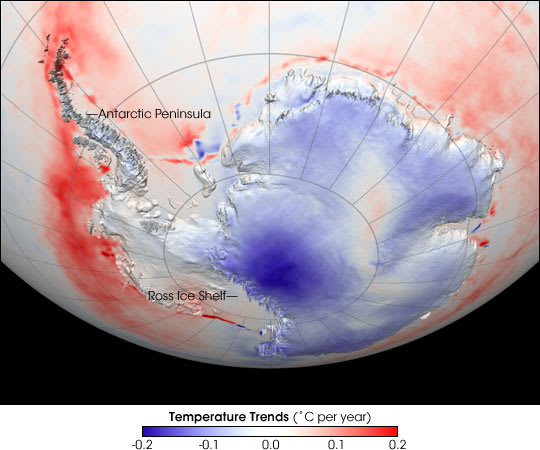dik said:
No it's just a caution... if the consequences weren't so great... and no one seems to be addressing it in any meaningful way, including our government.
My point is that we need to be MORE cautious about the drastic actions we take. As history has proven that our attempts to "correct" anticipated problems are more likely to cause worse problems than the problems that previously existed.
Examples:
1) Every attempt at rent control causes a reduced housing supply and higher housing costs in the long run.
2) Every attempt to manage wild life populations and the environment at Yellowstone or other nature preserves.
3) Venezuela's attempts to create a more equitable economic system.
4) Cuba's attempts to create a more equitable....
5) The Bolshevik's attempts to....
6) The Mao-ists attempts to....
7) The Nazis attempts to....
8) US government attempts to encourage more poor people owning homes, which led to the financial crisis of 2008.
9) US government (fed, state, and local) shutting down schools for two years when it quickly became clear that young people were at almost zero risk of severe sickness from Covid. This caused much, much, much greater overall harm to school age children and families than no government action would have. You can see and obvious difference in outcomes of private schools that opened earlier compared to public schools.
10) Every attempt that California government makes to reduce the cost of healthcare makes the cost go up.
11) Every attempt that California makes to prevent predatory oil companies from profiteering off of consumers makes the cost of oil go up and makes things much worse for CA consumers when compared to neighboring states.
12) All the current attempts at an equitable justice system (getting rid of cash bail, etc). These are all resulting in a justice system that is failing at every level. Crime is up. Especially in the communities that are supposed to be helped by these policies.
13) The DEI attempts at the university have resulted in FALSE equity. These schools standards have gone way down. Academia is failing because of it. Their most well known "scholars" are being exposed as absolute frauds.
14) Attempts to prohibit alcohol resulted in a huge rise in organized crime. Same thing with bans on various drugs. Keep in mind that the legal drugs (alcohol and tobacco) probably cause more deaths than all the others combined. But, there is almost no violence and crime associated with distribution of alcohol and tobacco.
15) Every attempt to "solve" the homeless problem seems to make it worse and worse. What is really needed is to get rid of all these attempts and just enforce our other laws. Like laws against defecating in the street, breaking into cars, shooting up illicit drugs. et cetera. You enforce these laws and homelessness goes way, way, way down.
16) Any government attempt at price controls in any industry usually results in shortages, long lines or such and is bad for the consumer.
You see what I'm getting at?


![[pipe] [pipe] [pipe]](/data/assets/smilies/pipe.gif)
![[ponder] [ponder] [ponder]](/data/assets/smilies/ponder.gif)